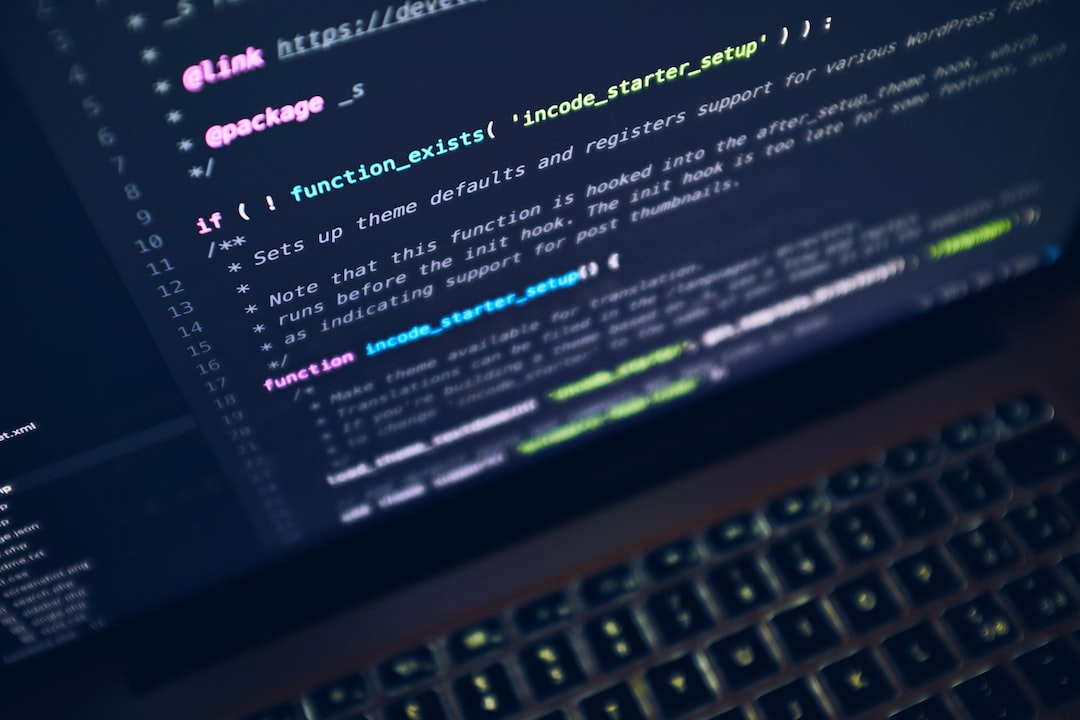The Role of Lawyers in Criminal Justice Reform
The criminal justice system is intended to maintain law and order in a society, ensuring that individuals who engage in criminal activities face the appropriate consequences for their actions. However, over time, flaws and inconsistencies within this system have become apparent, leading to the need for reform. This is where lawyers play a crucial role. Lawyers are not only essential in representing their clients, but they are also instrumental in advocating for significant changes within the criminal justice system.
One of the most significant roles lawyers play in criminal justice reform is in the realm of litigation. It is through their expertise in legal proceedings that they can ensure justice is served. Criminal defense lawyers, for instance, defend individuals accused of crimes, regardless of their guilt or innocence. They play a vital role in safeguarding the rights of their clients and ensuring they receive a fair trial.
In advocating for criminal justice reform, lawyers often challenge existing laws, policies, and practices. They use their legal expertise to highlight inconsistencies and shortcomings in the system. By doing so, they aim to correct these flaws and create a more just and equitable system for all. Lawyers can also work on cases that have the potential to set legal precedents, thereby influencing the development of future laws and standards.
Another key role lawyers play in criminal justice reform is raising awareness. They have a unique platform to educate the public about issues within the system that need to be addressed. Through media interviews, public speaking engagements, and writing articles, lawyers can shed light on various problems, such as over-incarceration, racial disparities, and the criminalization of poverty. They serve as powerful advocates, using their voice to drive positive change.
Lawyers also participate in policy development and advocacy. They serve as advisors to lawmakers, government officials, and organizations involved in criminal justice reform. By working closely with these stakeholders, lawyers can contribute their legal expertise and insights to shape new policies and regulations. They can also advocate for the implementation of evidence-based practices that have proven to be effective in reducing crime rates and promoting fairness in the justice system.
Moreover, lawyers play an essential role in providing legal representation to marginalized and vulnerable populations. They ensure that individuals who cannot afford legal counsel are not denied their right to due process. By offering pro bono services, legal aid, or working for public defender offices, lawyers help level the playing field for those who face significant disadvantages within the criminal justice system.
Furthermore, lawyers can work towards reforming the bail system, which has been widely criticized for perpetuating inequality. Many individuals who cannot afford bail end up being incarcerated before their trial, often for extended periods. Lawyers can engage in legal advocacy to challenge the reliance on cash bail, advocate for its reform or elimination, and push for a more equitable system that prioritizes public safety rather than wealth.
In addition to their legal expertise, lawyers bring critical research and analysis to the table. They evaluate the efficacy of different crime prevention strategies, recidivism reduction programs, and alternatives to incarceration. By conducting rigorous research and providing evidence-based recommendations, lawyers inform policymakers and help shape evidence-based criminal justice policies.
In conclusion, lawyers have a significant role to play in criminal justice reform. Through their advocacy, litigation, policy development, and research, they are instrumental in bringing about significant changes within the criminal justice system. By ensuring fairness, advocating for the rights of all individuals, and working towards a more equitable system, lawyers serve as catalysts for positive transformation. It is through their unwavering commitment that a fair and just society can be achieved.

